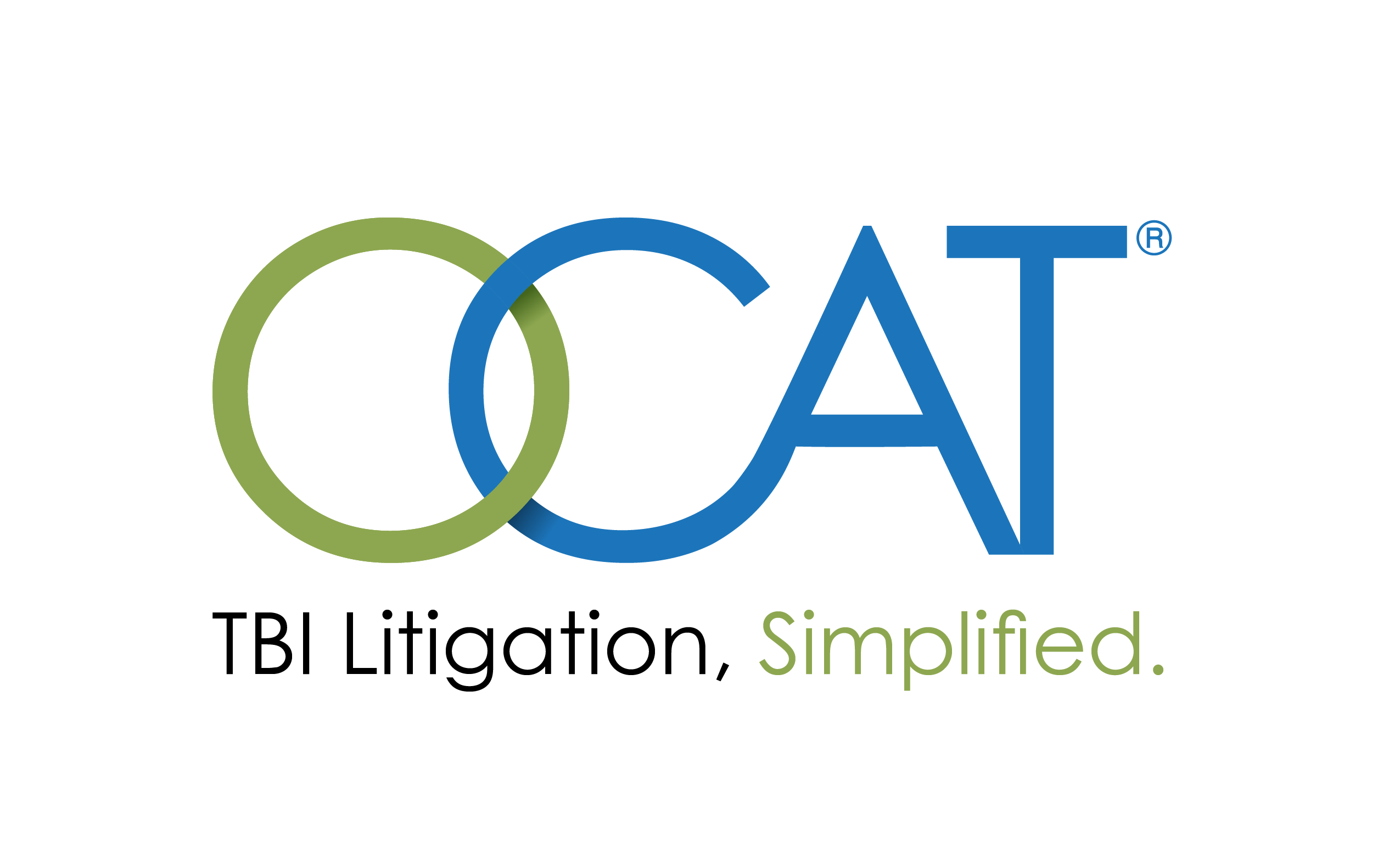TBI Remediation Services

Personalized Care Plans
We utilize the findings from the assessment to develop a personalized care plan tailored to meet the specific needs of the client. Our therapeutic interventions and coordinated care play a pivotal role in the client’s recovery journey, providing a well-documented strategy for tackling the cognitive and functional consequences of the TBI.
Defensible Cost Analyses
We engage Certified Life Care Planners to analyze costs for each care plan. This step ensures cost estimates are valid within legal frameworks, providing a concrete basis for the injured party’s financial demands.
Therapeutic Interventions
Photobiomodulation (PBM Therapy)
Photobiomodulation Therapy employs low-level lasers or light-emitting diodes (LEDs) to emit specific wavelengths of red and near infra-red light, targeting cellular mechanisms beneath the skin. This non-thermal light energy promotes cellular repair and regeneration, increases circulation, and reduces inflammation. PBM Therapy is particularly effective for brain health recovery, as it can penetrate the skull to reach brain tissue, stimulating mitochondrial function and enhancing neuroplasticity. This therapy is beneficial for addressing the neurological and cognitive deficits associated with TBI. By improving cellular health and function in the brain, individuals can experience reductions in symptoms such as cognitive fog, fatigue, and mood instability, thereby supporting overall cognitive recovery and enhancing quality of life. The application of PBM Therapy is customized based on the specific areas of the brain affected by TBI, ensuring a targeted and effective approach to remediation.
Neurofeedback Training
Neurofeedback Training involves the use of EEG technology to monitor brain wave patterns. Individuals learn to regulate their brain activity, thereby targeting specific cognitive deficits such as attention, concentration, and emotional regulation. The training is designed to help retrain dysregulated areas of the brain.
Biofeedback Training
Biofeedback Training utilizes sensors to provide real-time feedback on physiological functions like heart rate, muscle tension, and skin temperature. The training focuses on teaching individuals how to control their body’s responses to stress, which can be particularly disrupted following a TBI. By gaining control over these responses, individuals can better manage symptoms such as anxiety, stress, and physiological tension, thus improving overall well-being and supporting cognitive recovery.
Transcranial Magnetic Stimulation (TMS)
TMS is a non-invasive procedure where magnetic fields stimulate nerve cells in the brain to improve symptoms of depression and other neurobehavioral issues associated with TBI. It’s particularly useful for addressing those cognitive and mood-related issues that are often resistant to other forms of treatment.
Hyperbaric Oxygen Therapy (HBOT)
HBOT involves breathing pure oxygen in a pressurized chamber. The increased air pressure allows the lungs to gather more oxygen, which is then carried to the brain and other organs, aiding in healing damaged tissues. Hyperbaric Oxygen Therapy can be beneficial for brain recovery, reducing inflammation and promoting the regeneration of neural tissues.
Neurocognitive Training
Neurocognitive Training consists of structured tasks designed to improve cognitive abilities impaired by TBI, such as memory, problem-solving, attention, and processing speed. The exercises are adaptive and progressively become more challenging as the individual improves. This training provides a targeted approach to cognitive rehabilitation.
Oculomotor Training
Oculomotor Training involves exercises that improve eye movement control and coordination, visual processing speed, and attention. It is particularly beneficial for individuals who have visual tracking problems, difficulties with reading, or issues with visual-spatial awareness because of TBI.
Counseling/Psychotherapy
Counseling/Psychotherapy provides a supportive space for individuals to process the emotional and psychological impacts of TBI. It can include strategies for coping with changes in mood, behavior, and identity, as well as dealing with the challenges of rehabilitation and adjustment to life post-injury. The therapy is personalized to address the unique emotional and psychological needs of individuals, supporting overall mental health and resilience during the recovery journey.

TBI cases often involve complex and long-term challenges, including cognitive impairment, behavioral changes, emotional dysregulation, and psychological distress. In these cases, accurate, objective, and meticulous documentation of the individual’s post-accident condition and progress in recovery is critical for evidentiary purposes.
Our comprehensive rehabilitation services, anchored in the objective findings documented in our assessment report, offer a holistic and science-based approach to TBI recovery. These services not only facilitate the individual’s recovery journey but also provide indispensable support in legal contexts, significantly aiding in the substantiation of TBI-related claims.


